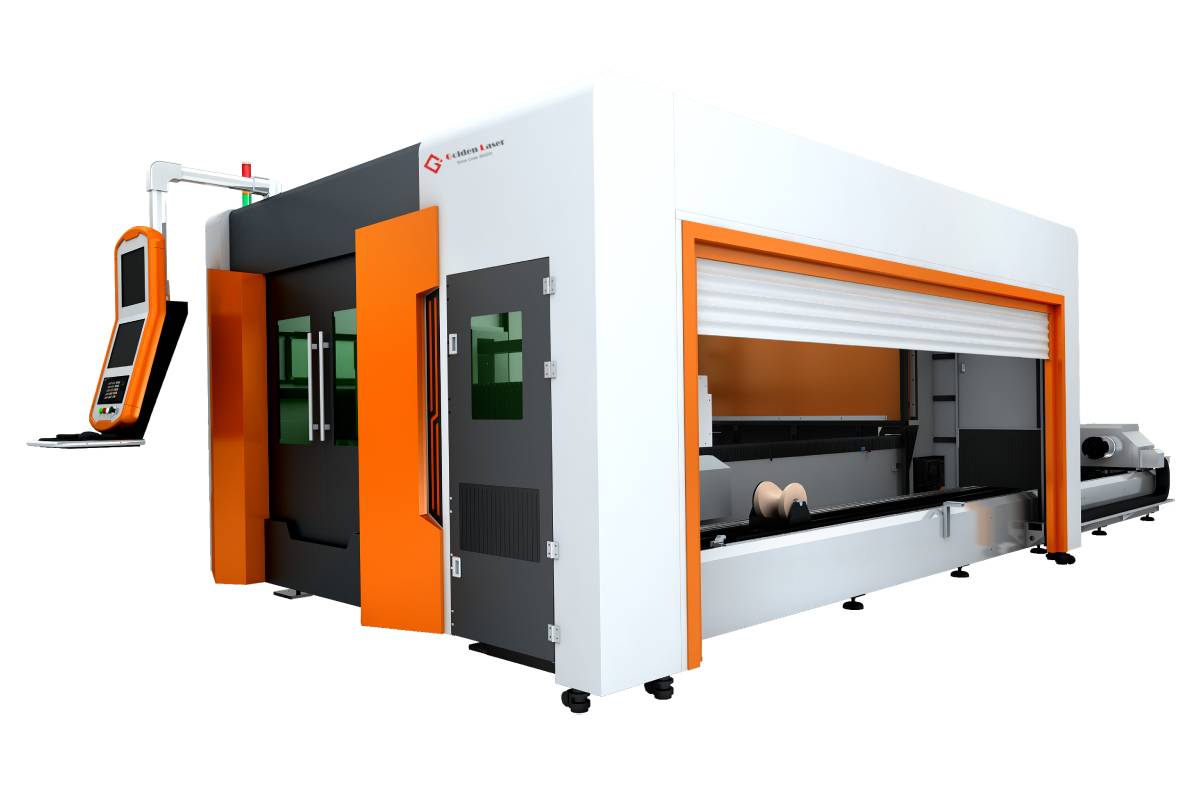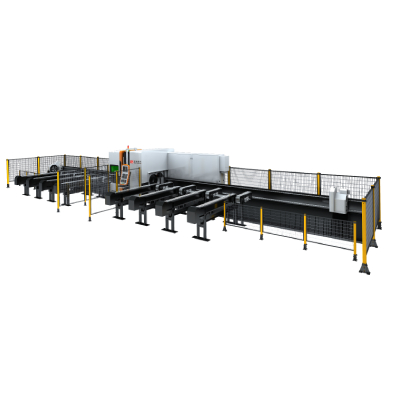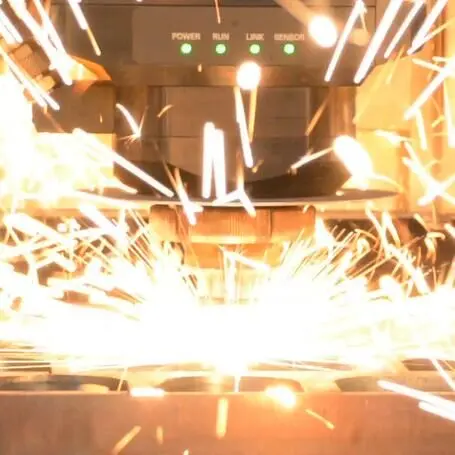****

Exploring the Advantages and Innovations of CNC Metal Laser Cutting Machines in Modern Manufacturing Processes
In today’s fast-paced manufacturing environment, efficiency and precision are more vital than ever. One of the most significant technological advancements that has revolutionized the metal fabrication industry is the CNC (Computer Numerical Control) metal laser cutting machine. This sophisticated equipment enhances not only the quality of the final product but also improves production efficiency, allowing businesses to stay competitive in a rapidly evolving market. In this article, we will delve into the advantages of using CNC metal laser cutting machines, their applications, and the future of this technology in manufacturing processes.
CNC metal laser cutting machines work by focusing a high-powered laser beam onto a metal surface, which melts, burns, or vaporizes the metal along a predetermined path. The precision offered by laser cutting surpasses that of traditional cutting methods such as mechanical cutting, punching, or blade cutting. One primary advantage of using CNC laser cutting machines is their ability to provide intricate designs and shapes. This capability is critical in industries such as aerospace and automotive, where components require precise specifications for optimal performance.
Another significant benefit of CNC metal laser cutting machines is their speed. The laser cutting process is faster than mechanical alternatives, which translates to shorter production cycles and increased throughput. As a result, companies can minimize lead times and better respond to market demands, gaining a competitive edge. Additionally, the reduced time spent on processing contributes to cost savings, allowing businesses to allocate resources more effectively.

Exploring the Advantages and Innovations of CNC Metal Laser Cutting Machines in Modern Manufacturing Processes
A further advantage is the reduced material wastage. CNC laser cutting machines utilize a non-contact cutting method, meaning that there is no physical tool that comes into contact with the material. This translates to minimal kerf loss, which is the width of material removed during cutting. By optimizing material usage, companies can not only save on raw material costs but also engage in more sustainable manufacturing practices, aligning with modern environmental standards.
The versatility of CNC metal laser cutting machines is another attribute worth mentioning. These machines can work with a variety of metals, including stainless steel, aluminum, brass, and copper, accommodating the diverse needs of different industries. Whether it is thick or thin sheets or intricate designs, CNC laser cutting machines can adapt to various specifications, providing manufacturers with a flexible fabrication solution.
Moreover, the integration of CAD (Computer-Aided Design) software with CNC metal laser cutting machines streamlines the design-to-production flow. Designers can create complex geometries in CAD software and transfer the designs directly to the laser cutting machine, significantly reducing the risk of human error. This integration not only improves accuracy but also enhances the capacity to produce custom or low-volume parts that might not be feasible with traditional cutting methods.
As technology continues to advance, CNC metal laser cutting machines are also becoming more sophisticated. Innovations such as fiber laser technology offer higher energy efficiency and better cutting quality than traditional CO2 lasers. Fiber lasers have also demonstrated an ability to cut through reflective materials, which was difficult to achieve with earlier technologies. These advancements lead to lower energy consumption, which is an appealing attribute for companies looking to improve their sustainability initiatives.
In the context of Industry 4.0, CNC metal laser cutting machines are increasingly being integrated into smart manufacturing systems. With capabilities such as remote monitoring and automated quality checks, manufacturers can optimize production processes, minimize downtime, and enhance overall equipment effectiveness. This synergy of advanced technology not only enhances production efficiency but also updates operational paradigms to meet current market challenges.
While the initial investment in CNC metal laser cutting machines might be substantial, the long-term benefits, such as reduced labor costs, increased precision, and minimal waste, outweigh the upfront expenses. Companies that embrace this technology position themselves at an advantage in the competitive landscape, allowing them to innovate and adapt to future trends in manufacturing.

Exploring the Advantages and Innovations of CNC Metal Laser Cutting Machines in Modern Manufacturing Processes
In conclusion, CNC metal laser cutting machines represent a critical component in modern manufacturing processes. Their myriad advantages, including enhanced precision, speed, reduced waste, and versatility, make them an indispensable tool for today’s manufacturers. As the technology continues to evolve, the impact of CNC metal laser cutting machines will only deepen, shaping the future of metal fabrication and setting new standards in operational efficiency and quality. Chinese Laser Cutter




